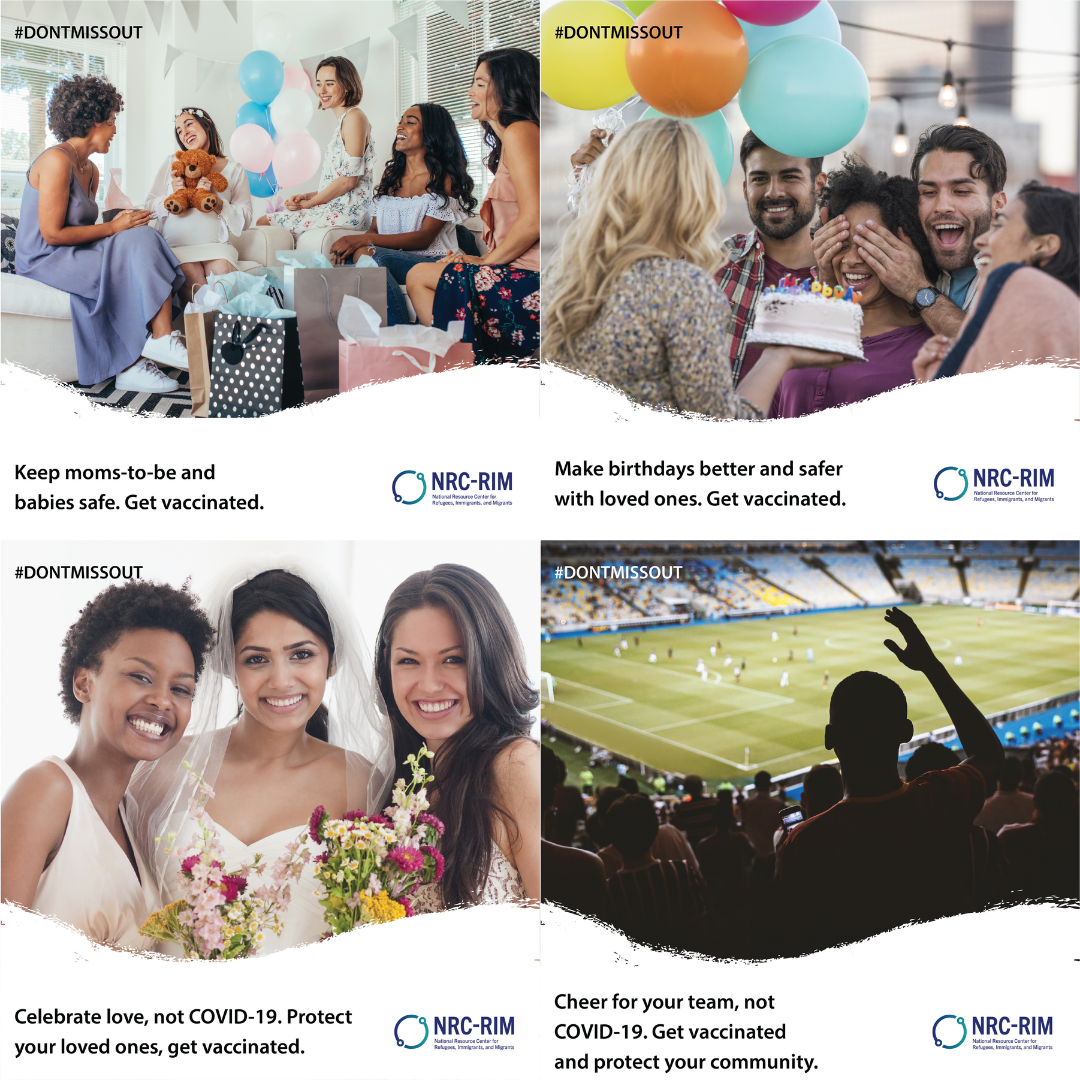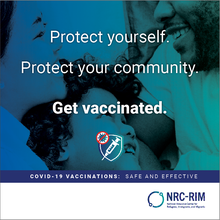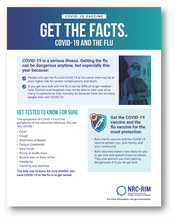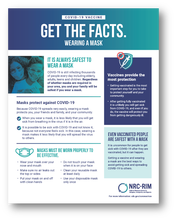
Making safe choices this holiday season
There are several national holidays in the United States that are celebrated in the winter. Even people who do not celebrate these holidays may gather with their loved ones during the time that they have time off of work or school. This collection of resources will help organizations guide communities in making safe choices this holiday season.
2022-23 Winter Cultural Holidays:
- Nov. 24: Thanksgiving (Federal Holiday)
- Dec. 16-24: Las Posadas (Latino Communities)
- Dec. 18-26: Hanukkah (Judaism)
- Dec. 25: Christmas Day (Christianity)
- Dec. 26: Christmas Day (Federal Holiday)
- Dec. 26-Jan. 1: Kwanzaa (African American)
- Dec. 30: Tamu Lhosar (Nepali)
- Jan. 1: New Years Day (Federal Holiday)
- Jan. 7: Orthodox Christmas (Russian, Ukrainian, Eastern European Communities)
- Jan. 22: Lunar New Year (East Asian Communities)
- Feb. 18: Maha Shivaratri (Hindu)
- March 6-7: Purim (Judaism)
- March 7-8: Holi (Indian)
- March 21: Nawruz (Persian New Year, Central Asian Communities)
Submit corrections or additions to nrcrim@umn.edu.
Key messages
- The best way to protect yourself, your family, and your community is to be up-to-date on your COVID-19 vaccines. If you are not up-to-date, you are more likely to get infected, get dangerously ill or die, and spread the virus to others - including your family and friends.
- The vaccine has been proven safe in hundreds of millions of people of different races, ethnicities, and ages. It is much more likely that you will get serious complications from a COVID-19 infection than from a vaccine.
- The vaccine is free for everyone, regardless of immigration status or whether you have health insurance or an ID.
- People who are fully vaccinated should have a booster to make sure they stay protected.
Resources: The Get Vaccinated campaign creates awareness about COVID-19 vaccines and the impact they have on the collective group. The Get the Facts campaign offers facts about vaccines in a simple and memorable way. Our conversation guides cover a variety of topics, including boosters
Key messages:
- Staying home from work, school or social events anytime you feel sick is one of the most important things you can do to protect your community.
- Do all you can to protect your family and community. Disclosing symptoms and self-isolating are acts of love.
Resources: View our fact sheet and conversation guide on COVID-19 and the flu to answer questions such as:
- How do I know if I have COVID-19 or seasonal influenza (flu)?
- Is it safe to go to work or school if I feel sick?
- Why is it important to protect against the flu?
Our conversation guide on COVID-19 infection and recovery offers information on what to do if you feel sick and how to get treatment.
Key messages:
- Why: Even if you are up-to-date on your COVID-19 vaccines, you can catch COVID-19 and may not know it because you may not feel sick at all. This makes it more likely that you could spread it to family and friends. Getting tested for COVID-19 protects your loved ones, because you will know to stay away from others so you do not get them sick. You can also start treatment earlier, which may prevent you from getting seriously ill.
- When: It is a good idea to get tested if you have symptoms, if you have been around someone else who tested positive, before and after you travel, and before and after you gather indoors with many people.
- How: Depending on where you live, you might be able to get a test at a pharmacy, at your doctor's office, at work, at school, or at a community center. Contact your local health department for information on how you can get tested.
Resources:
Read our Conversation Guide on COVID-19 infection and recovery, then review our testing toolkit for more information. We have translated instructions on how to use 8 brands of at-home tests in video and written format, in more than 20 languages
Key messages:
- Whether you have been vaccinated or not, it's safest to wear a mask. Masks protect you and people around you from getting COVID-19.
- While getting vaccinated is the most important step for you to take to protect yourself and your community, wearing a mask provides even more protection.
Resources: View our fact sheet and conversation guide to answer questions such as:
- Why is it important to wear a mask?
- I am fully vaccinated. Why do I still need to wear a mask?
- What is the safest way to wear a mask?
Community Fairs
Community fairs are a promising way to offer vaccination and other useful services to RIM communities in a relaxed and informal setting. Hosted at an accessible site, community fairs can be organized around themes ranging from school to community health to community resources like food, rent and utility assistance. Read more about how community fairs can be implemented in your community.
COVID Champions: Trusted Faith Leaders
A COVID-19 Champion is someone who helps disseminate accurate information on public health and safety, local support services, and their own experiences relating to COVID-19 to specific communities, including related to COVID-19 vaccines.
Vaccine Campaign Partnerships with Faith-Based Organizations
Faith-based organizations frequently play an integral role within communities. Select this promising practice to learn more about involving faith-based organizations in vaccine campaigns.

Available translations:
English | Arabic | Burmese | Dari
Nepali | Pashto | Spanish
Swahili (Congolese) | Tigrinya
The process for creating these graphics included vigorous content validation of the text for accuracy, cultural appropriateness, and relevance in addition to extensive content validation--based on multiple sources of input--of the images to ensure they were well suited for the respective communities .
Download the Master List of #DontMissOut graphics here.


